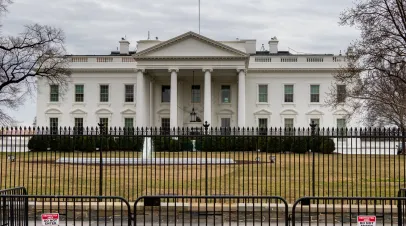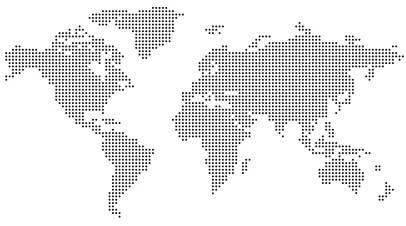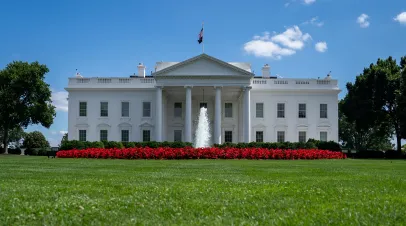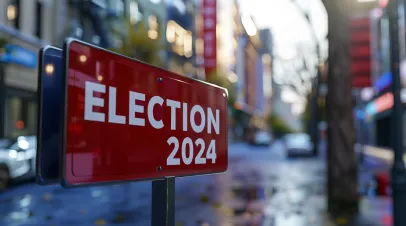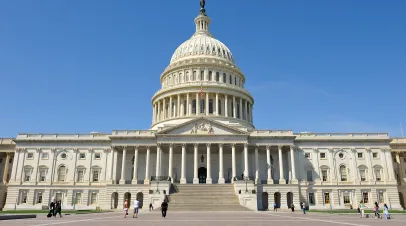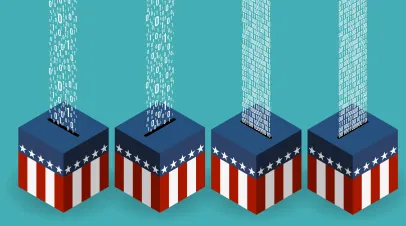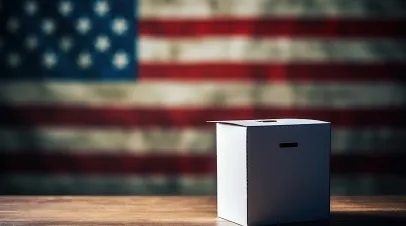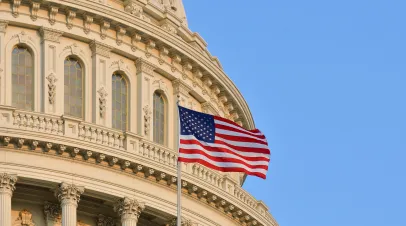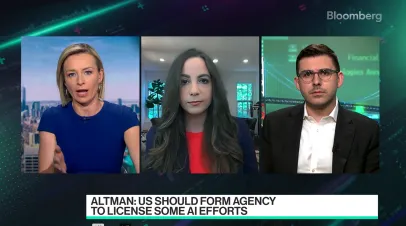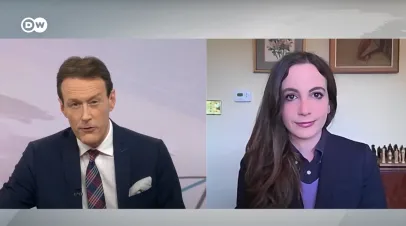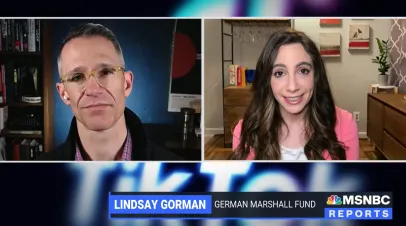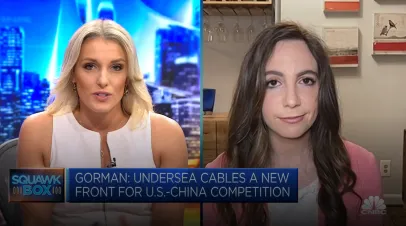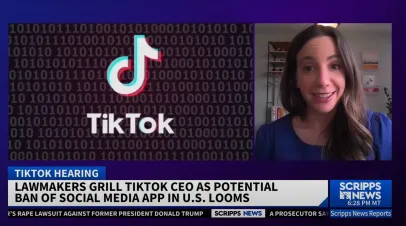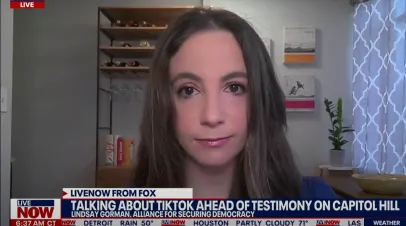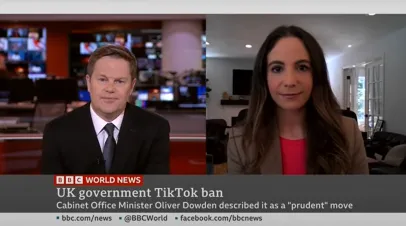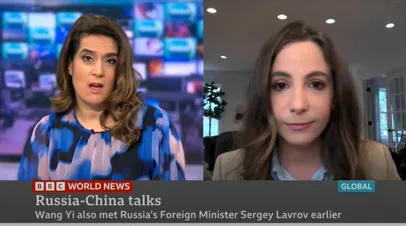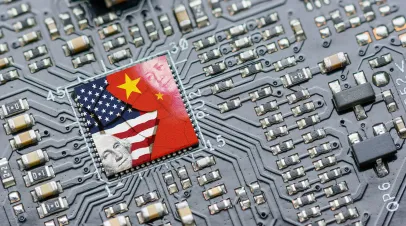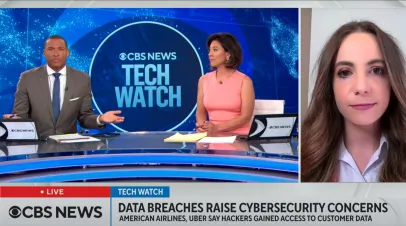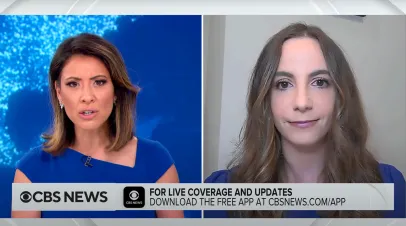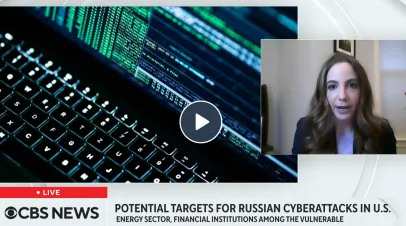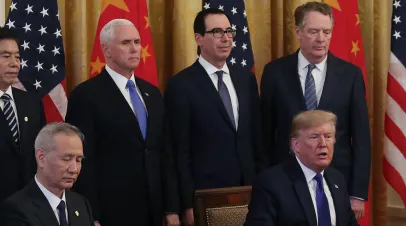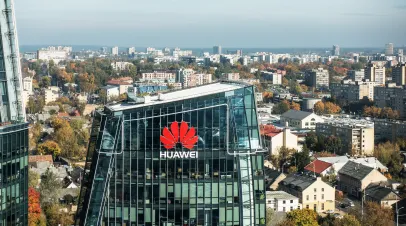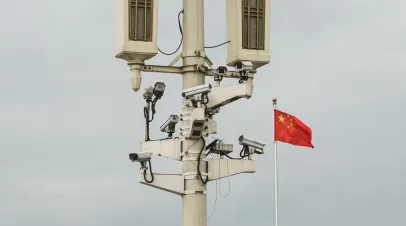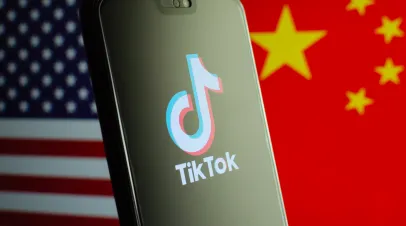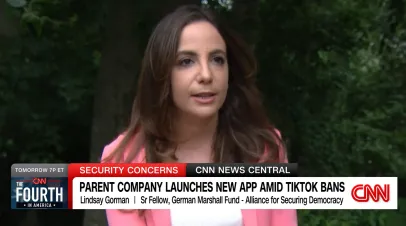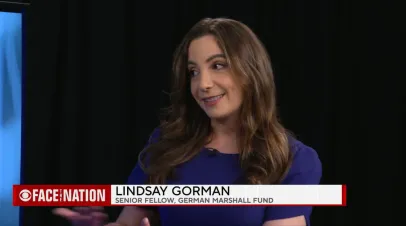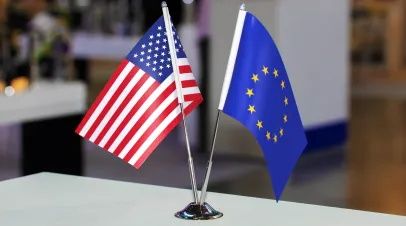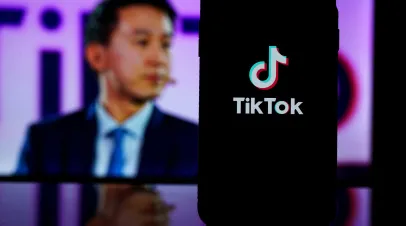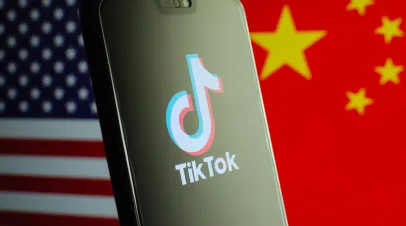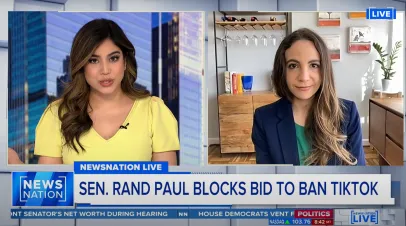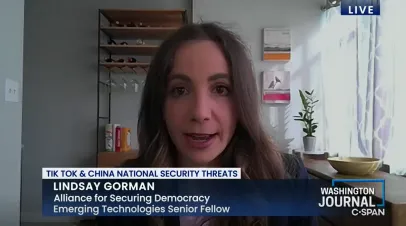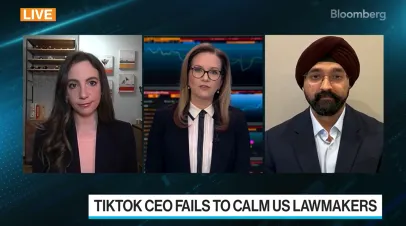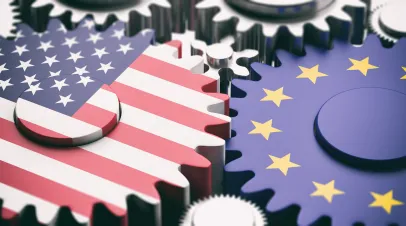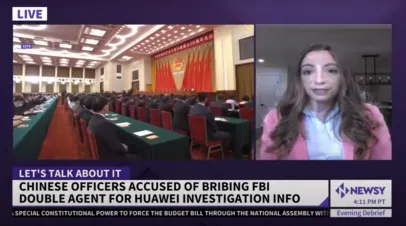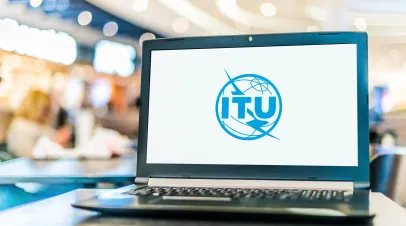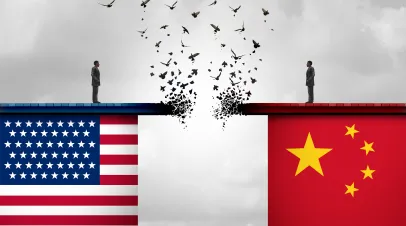Lindsay Gorman
Managing Director & Senior Fellow, GMF TechnologyLindsay Gorman is managing director and senior fellow of GMF’s Technology Program. She is also a venture scientist with Deep Science Ventures focused on AI and biotechnology. A quantum physicist and computer scientist by training, Gorman leads work on the US-China emerging technology competition, AI and democracy, and transatlantic innovation.
Gorman recently served in the Biden White House as a senior adviser on emerging technology, national security, and democracy issues. At the Office of Science and Technology and the National Security Council, she crafted US technology competition and national security strategy and led international technology initiatives through the US-EU Trade and Technology Council and Quad. In particular, she founded and led the AI cooperation workstream in the Trade and Technology Council. She was also the principal architect of the Advancing Technology for Democracy agenda of the Presidential Initiative for Democratic Renewal.
Gorman’s career spans fifteen years at the intersection of technology and international security. She is the former CEO of a technology consulting firm she founded, Politech Advisory. She has served as an expert contributor to the Cyberspace Solarium Commission; technology adviser to US Senator Mark Warner; consultant to Schmidt Futures on 5G; and fellow with the National Academy of Sciences. Her technical background includes building self-driving cars for the DARPA Urban Challenge and pioneering experiments on topological insulators, which she published in Nature Physics.
Gorman regularly delivers keynote addresses and speaks at popular conferences such as South by Southwest. She has testified before the US Senate and US House on AI, cybersecurity, and technology innovation. Her research and analyses have been featured in The New York Times, The Washington Post, The Wall Street Journal, and The Atlantic, and she frequently appears in TV and radio interviews on CNN, MSNBC, CBS’s Face the Nation, NPR, the BBC, and Bloomberg. She is also a term member of the Council on Foreign Relations, a member of the Truman National Security Project, and an awardee of the US State Department Speaker Program. Gorman holds a BA in Physics from Princeton University and an MS in Applied Physics from Stanford University.
Media Mentions
Featured Work


